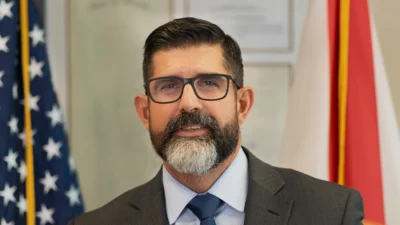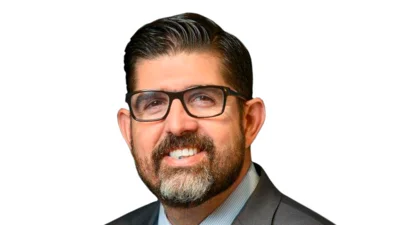Aaron Bean U.S. House of Representatives from Florida's 4th district | Official U.S. House Headshot
Aaron Bean U.S. House of Representatives from Florida's 4th district | Official U.S. House Headshot
Co-chairs of the Congressional DOGE Caucus have introduced a new platform aimed at reducing government waste, fraud, and abuse. The platform was presented by Congressmen Aaron Bean (FL-04), Pete Sessions (TX-17), Blake Moore (UT-01), and Senator Joni Ernst (R-IA). It outlines the Caucus's commitment to these goals during the 119th Congress.
Congressman Bean emphasized the importance of transparency in their approach. "We’ve articulated our vision in a transparent manner that is both concise and consumable for every American," he stated. He expressed concern over the national debt, which has exceeded $36 trillion, and highlighted the need for institutional change to better serve Americans.
Congressman Sessions pointed out inefficiencies in government spending. "For far too long, hardworking American taxpayers have seen their money squandered due to bureaucratic inefficiencies and government mismanagement," he said. He stressed that every dollar spent should benefit the people it serves while maintaining transparency and accountability.
Congressman Moore noted the urgency of addressing federal spending issues. "The time is now to rein in wasteful federal spending, streamline our bureaucracy, and make Washington work better for Americans," he remarked.
The platform calls for downsizing the federal government to make it more efficient and accountable. It stresses that no amount of waste or fraud is too small or large to address. The national debt is identified as a threat to economic strength, prompting a focus on cutting rather than increasing spending.
The document also highlights concerns about excessive federal agencies and regulations hindering economic growth. It advocates for reforming or eliminating programs that do not provide value to taxpayers. Furthermore, it insists that all rules should be based on statute with public policy enacted by Congress rather than unelected officials.
Engagement with the American public is deemed essential for achieving these objectives.




 Alerts Sign-up
Alerts Sign-up